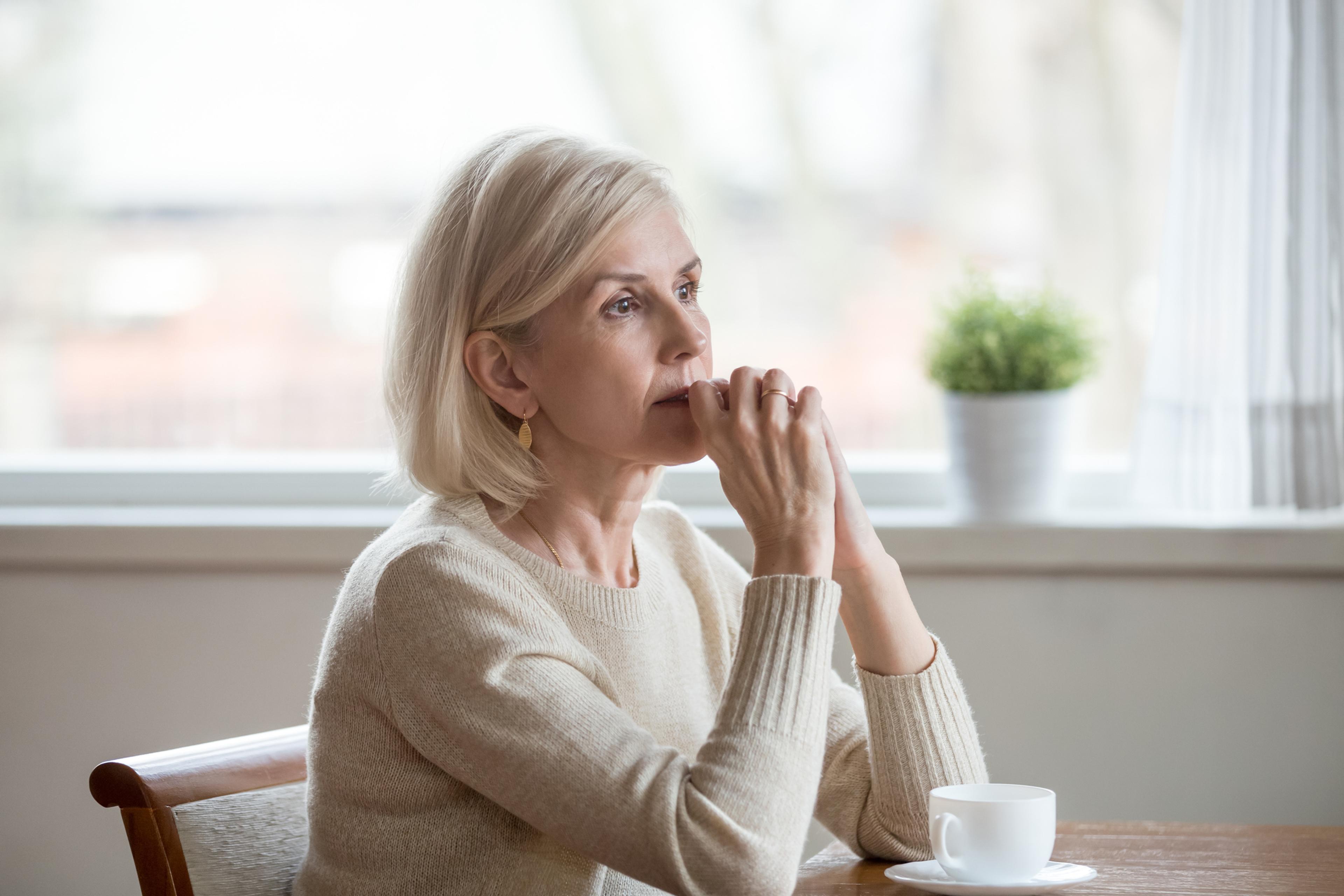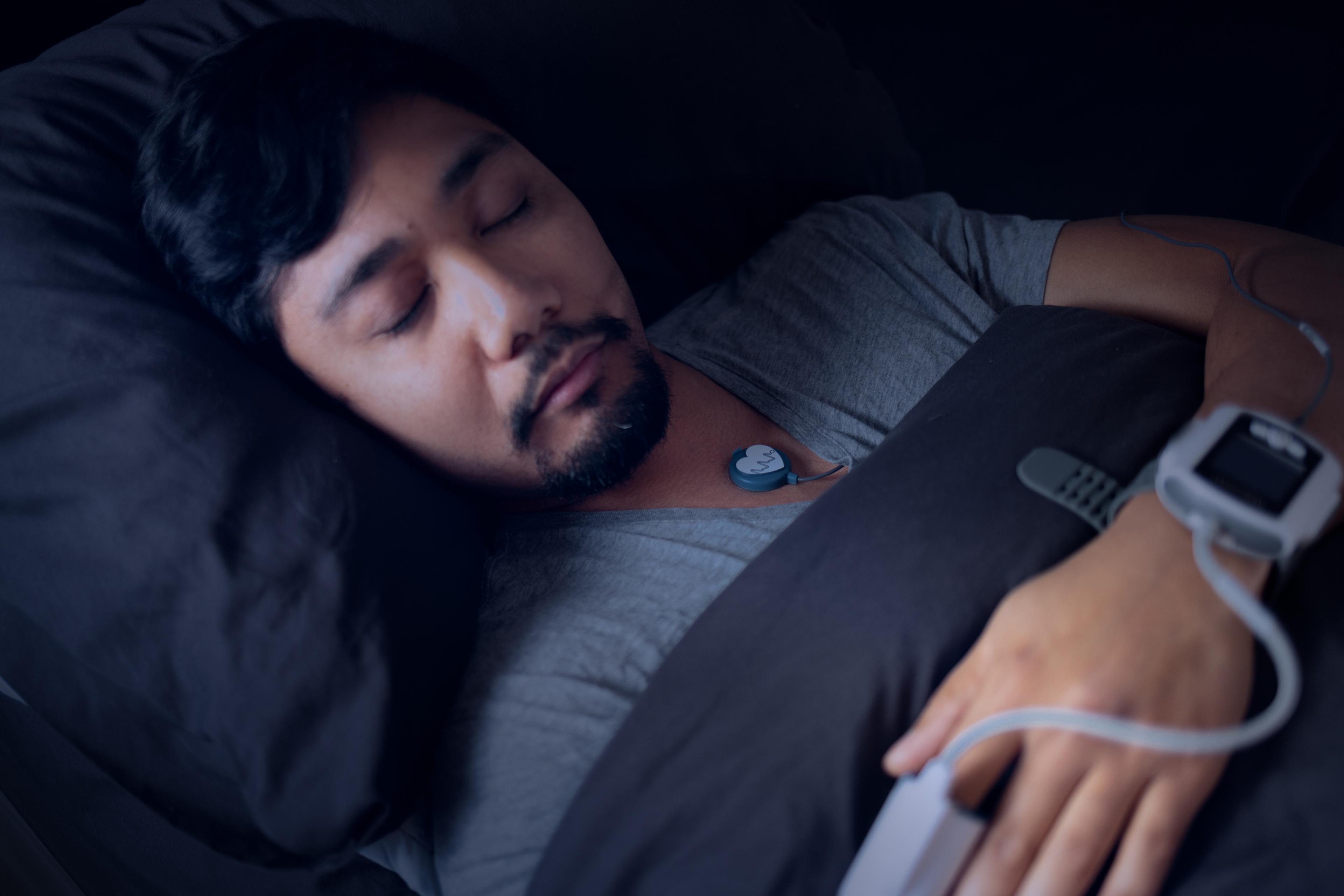Colon Cancer Symptoms in Women
Amy Barczy
| 3 min read
Amy Barczy is a former brand journalist who authored...

Cancers of the colon and rectum are the third most common cancer for both men and women – but for women, recognizing signs of cancer may be more difficult.
While colon cancer continues to affect men at higher rates than women, women’s natural menstruation cycles may bring symptoms that overlap some of the symptoms of colon cancer. Below are two important, often overlooked, symptoms of colon cancer in women.
Symptoms of colon cancer in women
Feeling tired or lacking energy: Many women are used to the feeling of exhaustion that comes with their menstrual cycle during PMS. Feeling tired may also be a symptom of anemia, which some women experience if they lose a lot of blood during their period. But feeling unusually fatigued can also be a sign of colon cancer.
It’s time to talk to your doctor if you notice new feelings of fatigue related to your menstrual cycle, or if you find you’re unusually tired at a time not related to your cycle.
Abdominal cramps: Cramps are the typical sign it’s that time of the month and could also signal endometriosis in some women. But abdominal cramps are also a sign of colon cancer. Talk to your doctor if you feel cramps that aren’t in your normal pattern surrounding your cycle.
In general, symptoms of colon cancer are the same for men and women. In the early stages, there may be no symptoms at all.
Here are some more common signs of colon cancer in women:
- Abdominal pain or cramps
- Blood in stool or rectal bleeding
- Changes in bowel habits including constipation and diarrhea
- Fatigue, weakness, or reduced energy
- Feeling that your bowel hasn’t emptied completely
- Unexplained weight loss
Women and men share the same risk factors for colon cancer, including increased age, a personal history of polyps, family history of colon cancer or polyps, radiation treatment, obesity and a lifestyle that is sedentary and includes smoking and excessive drinking.
Does menopause increase colorectal cancer risk?
Once a woman goes through menopause, risks for all cancer increase. However, some experts advise that the hormone replacement therapy treatment used to manage symptoms of menopause is associated with a lower risk of colorectal cancer.
Talk with your doctor about the benefits and risks of hormone replacement therapy to see if it’s a good fit for you. At age 45, it’s time to get your first colonoscopy to screen for colon cancer – unless your doctor recommends getting a screening test earlier due to heightened risk factors.
Localized colon cancer that hasn’t spread beyond the colon or rectum has a five-year survival rate of 90%. The earlier colon cancer can be detected, the better.
More from MI Blue Daily:
- Shifting Trends in Colorectal Cancer Cases: More Younger Adults Are Being Diagnosed
- Birmingham Man Spreads Men’s Health Month Message of Hope After Overcoming Two Bouts of Stage IV Cancer 30 Years Apart
- Saved by a Colonoscopy, Michigan Journalist Uncovers Family History of Cancer
Photo credit: Getty Images





